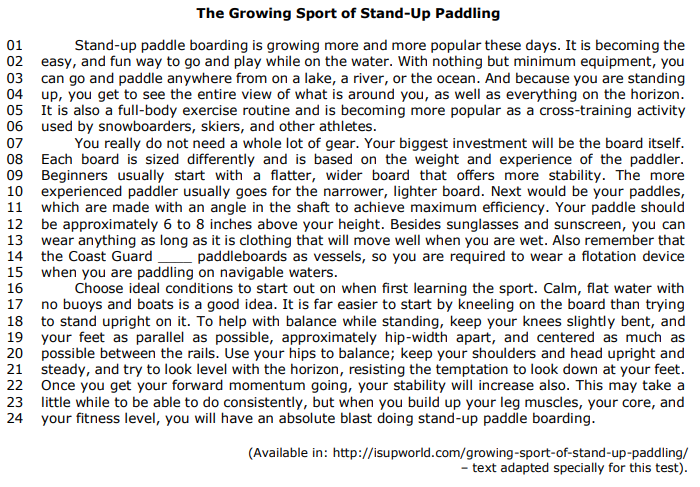Text CG2A2
A new study on physical activity that involved more than
half a million participants over age 40 found that modest exercise
increases life expectancy regardless of weight.
Contrary to most of the attention given to obesity as the
crucial risk factor for health, the study found that an active
lifestyle increased life expectancy to a greater extent than a lower
body mass index (BMI), in general. In fact, participants who
were active but class 1 obese lived an average of 3.1 years longer
than those who were at a normal weight but didn’t engage in
physical activity. This is in-line with reports from earlier this year
that excessive sitting is unhealthy and that reducing excessive
sitting to less than 3 hours a day alone can improve longevity
by 2.0 years.
The article states low level of physical activity of
moderate to vigorous intensity would confer a 1.8-year gain in
life expectancy after age 40, compared with no activity. A low
level of physical activity is defined as up to 75 minutes of fast
walking per week.
A consequence of this study is that it calls into question
the reliance on BMI to assess fitness. That isn’t to suggest that
BMI isn’t a factor, but that what we’ve heard for years in the
media that being overweight is “bad” for you while exercise is
“good” is a flawed message. A better message would be: Regular
exercise is essential to longevity and a lower BMI helps too —
do the first and the other will likely follow.
Internet:<singularityhub.com> (adapted).
